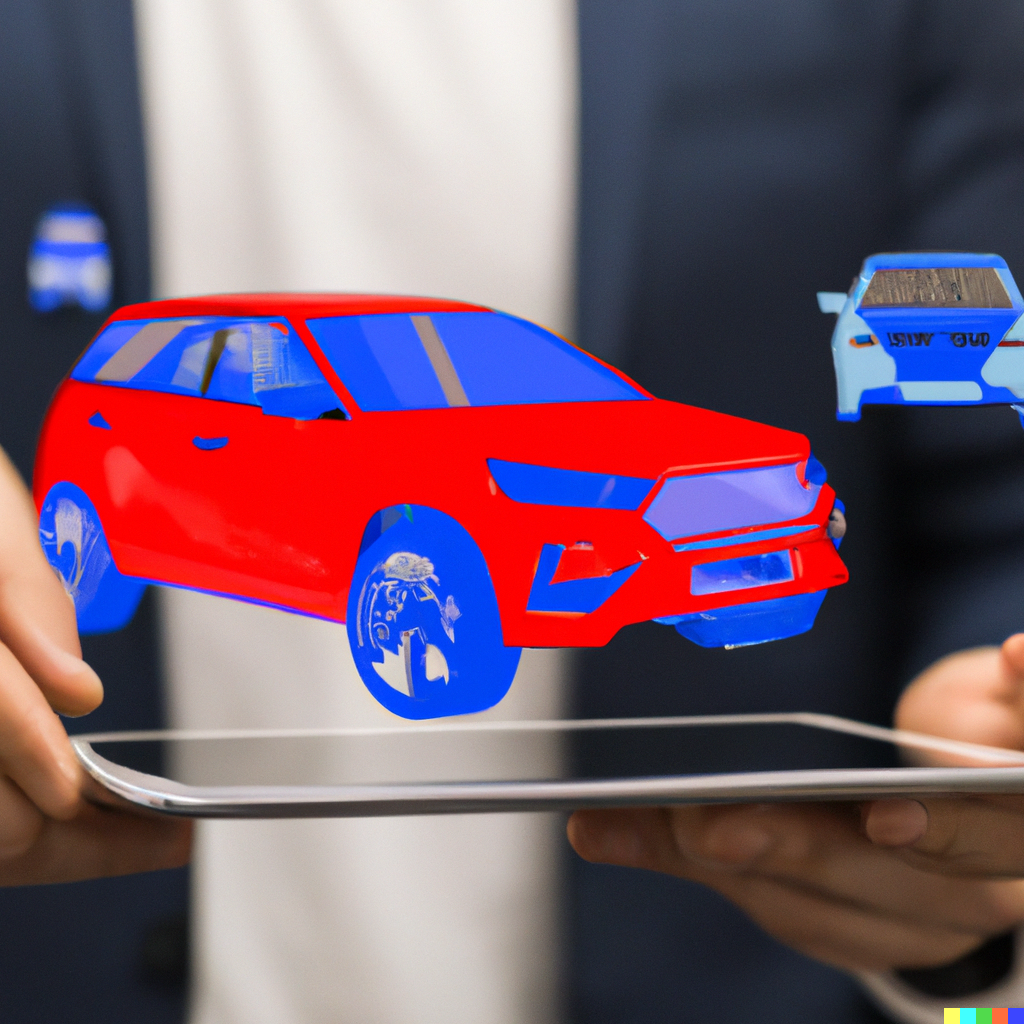
The Future of Car Shopping - Virtual Reality
Imagine stepping into a virtual showroom from the comfort of your own home, where you can explore every nook and cranny of your dream car, customize it to your heart's content, and even take it for a virtual test drive. VR technology is making this scenario a reality, revolutionizing the car buying experience.
- Volvo Reality: Volvo Reality is a virtual reality app that allows users to explore and interact with Volvo's latest models in immersive 360-degree environments. Users can customize the car's colors, materials, and features, and even take virtual test drives to experience the vehicle's performance firsthand.
- Audi VR Experience: Audi's VR Experience app transports users to a virtual showroom where they can browse Audi's lineup, configure their dream car, and explore various interior options and technology features. The app also offers virtual test drives on iconic race tracks, providing a thrilling experience for enthusiasts.
Augmented reality (AR) complements VR by overlaying digital information onto the physical world. Picture using your smartphone or AR glasses to view a car parked on your driveway, while AR technology highlights key specifications, pricing options, and available customizations in real-time. This seamless integration of digital and physical elements enhances the decision-making process and empowers buyers with comprehensive information at their fingertips.
3. BMW AR Visualizer: BMW's AR Visualizer app leverages augmented reality to bring virtual cars into the real world. Users can use their smartphones or AR glasses to place virtual BMW models in their driveway or living room, allowing them to see how the car fits into their environment and explore different customization options.
4.Toyota Augmented Reality Showroom: Toyota's Augmented Reality Showroom is an interactive kiosk that combines AR technology with physical models to enhance the car browsing experience. Users can scan QR codes to access detailed information about each vehicle, including specifications, pricing, and available options, all displayed in a dynamic and engaging interface.
By leveraging VR and AR, automotive companies are breaking down geographical barriers, enabling consumers to explore a vast array of vehicles without leaving their homes. This not only enhances convenience but also fosters a more informed and confident purchasing experience.
Changing Trends Beyond VR/AR
While VR and AR are driving significant changes in car buying, several other trends are reshaping the automotive retail landscape:
- Online Purchasing: The shift towards online car sales continues to gain momentum, with consumers increasingly preferring the convenience of browsing, financing, and purchasing vehicles from the comfort of their homes. Automotive e-commerce platforms streamline the buying process, offering transparent pricing, virtual consultations, and doorstep delivery services.
- Subscription Models: Traditional ownership models are giving way to flexible subscription-based services, where customers pay a monthly fee for access to a range of vehicles without the long-term commitment of ownership. These subscription services often include maintenance, insurance, and roadside assistance, providing a hassle-free driving experience.
- Digital Showrooms: Physical showrooms are evolving into digital-centric spaces, equipped with interactive displays, touchscreen kiosks, and virtual configurators. These digital enhancements complement the in-person shopping experience, allowing customers to seamlessly transition between online and offline channels.
- Personalization and Customization: Today's consumers crave personalized experiences, and automakers are catering to this demand by offering extensive customization options. From bespoke paint colors to tailor-made interiors, buyers can create a vehicle that truly reflects their unique preferences and lifestyle.
Conclusion
The future of car buying is undeniably intertwined with technological advancements, with VR, AR, and other digital innovations reshaping the entire purchasing journey. From virtual showrooms to online subscriptions, these trends are revolutionizing how consumers interact with automotive brands and make informed decisions. As we embrace this era of digital transformation, the automotive industry is poised to deliver a more personalized, convenient, and sustainable car buying experience for all.


Comments